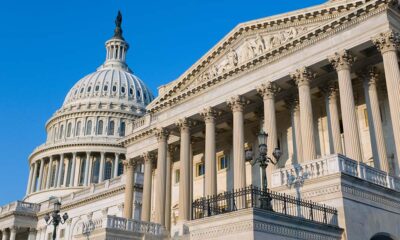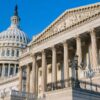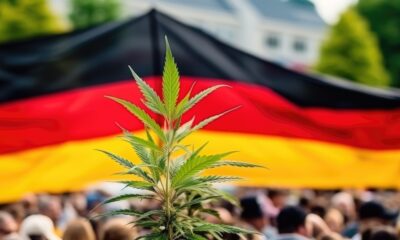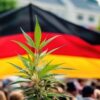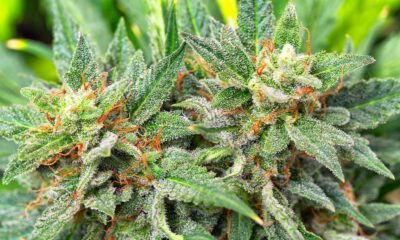
Joint Opinions
The Hidden Problem with the WHO’s Reclassification of Cannabis
There appear to be signs of political manipulation behind the UN health agency’s recommendations on marijuana, according to one analysis.
On Friday, a letter from the World Health Organization, the United Nations agency tasked with crafting policy to keep us global citizens healthy and alive, circulated among media. It appears the WHO is ready to issue a long-awaited recommendation on its own marijuana policy — and that recommendation is the rescheduling of cannabis and “its key components.” But the timing and unofficial nature of the recommendation’s announcement has led some to believe there’s more to this story than meets the eye.
The WHO recommends the UN remove “cannabis and cannabis resin” from Schedule IV classification while remaining under the Schedule I classification. It also recommends “cannabidiol preparations” and anything with “pure cannabidiol,” or CBD, be removed from international drug-control treaties entirely.
Rescheduling Recommended
Unlike the U.S. drug classifications under the Controlled Substances Act, in which the strictest controls are on drugs (including cannabis) in Schedule I, the UN’s list of most dangerous drugs is called Schedule IV, a list established in the 1961 Single Convention on Narcotic Drugs.
So cannabis, currently listed in the same category as heroin in the UN’s list of the world’s most dangerous drugs, should not in fact be there, according to the Jan. 24 letter from WHO Director-General Dr. Tedros Adhanom Ghebreyesus, sent to UN Secretary-General Antonio Guterres.
If adopted by the UN’s member nations, those same nations would in effect admit that they “have effectively been wrong about marijuana’s harms and therapeutic benefits for decades,” according to an analysis from Marijuana Moment’s Tom Angell.
That’s good! But less good is the fact that such a recognition would not necessarily cancel the 1961 treaty, compliance with which has been repeatedly cited by federal agencies, including the DEA, as justification for continuing the federal-level war on marijuana.
Who’s Behind the Curtain?
Even worse is the logical trick the WHO appears to be playing on itself — one that, according to an analysis from drug-policy expert Steve Rolles, would allow member states to still pursue draconian marijuana policies for purely political reasons.
7. In other words, the recommendation is that cannabis is still scheduled alongside in the catagory for highest risks of abuse – alongside cocaine, heroin and fentanyl.
This is very bad news – because it gives WHO scientific endorsement to a self-evidently bullshit assertion
— Steve Rolles (@SteveTransform) February 1, 2019
As Rolles explained in a Twitter thread after several outlets published the WHO letter, buried in the WHO recommendations is an assertion that cannabis should remain scheduled internationally, and not for scientific reasons.
While admitting that cannabis is not “associated with the same level of risk to health” as other drugs on the UN list, the WHO did say it “noted the high rates of public health problems arising from cannabis use and the global extent of such problems.”
So “[t]he ‘global extent of the problem’ – ie lots of people use cannabis – is not a reason to ignore their risk assessment and mis-schedule it,” Rolles tweeted. “It is anti-science. It almost feels like there has been political interference. Has there been?”
According to rumors at the UN heard by Tolles, some member states have been pressuring WHO officials to keep marijuana under the strictest controls possible. This could explain both the twisted reasoning outlined above and why an earlier announcement of findings on marijuana were delayed.
As Marijuana Business Daily pointed out, member states in the United Nations Commission on Narcotic Drugs, who are scheduled to meet in March, were supposed to have received this expert advice from the WHO in December. Now that it’s February, those states may now push for a delay in any rescheduling move for another full year.
Why does any of this matter? Functionally, it might not, or at least not all that much: Canadian marijuana companies are happily shipping cannabis and cannabis preparations to UN member states like Australia and Israel without much issue.
But if Tolles’s hunches are true and there are member states of the UN unhappy with an international trade in the drug, it could signal complications in the global market down the road.
At the very least, the delays, the odd timing and the convoluted logic require explanation — at least, if they are not to be interpreted as proof that the international conversation around marijuana is still political, rather than scientific.
TELL US, do you think the WHO’s recommendation will be good for global cannabis policy?





